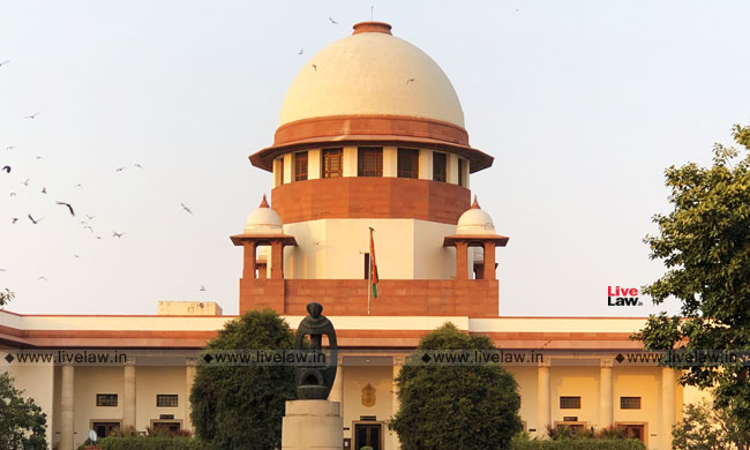'Extension Of Time Of Joining' Cannot Be Claimed As Matter Of Right: Supreme Court
Shruti Kakkar
17 Sept 2021 9:21 AM IST

Next Story
17 Sept 2021 9:21 AM IST
While upholding Chhattisgarh High Court's order of not granting extension of time for joining a post of Presiding Officer, Labour Court, the Supreme Court today observed that extension of time of joining cannot be claimed as a matter of right. The division bench of Justices Vineet Saran and Aniruddha Bose in their order noted that, "Appointment letter was categorical to the effect...
